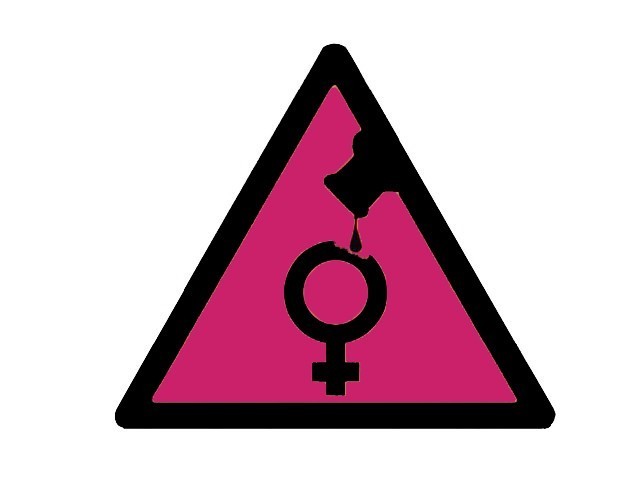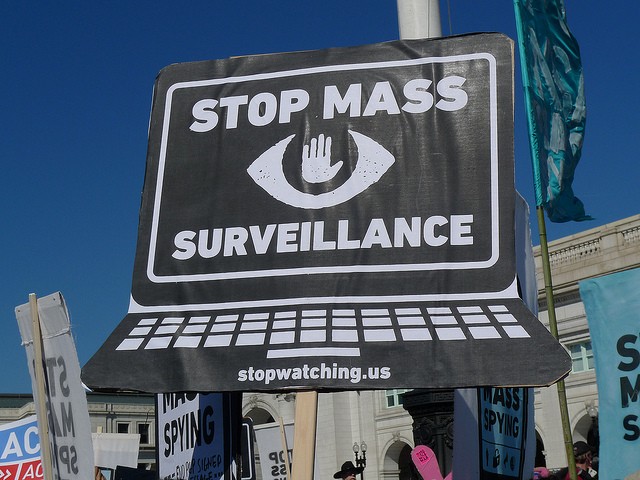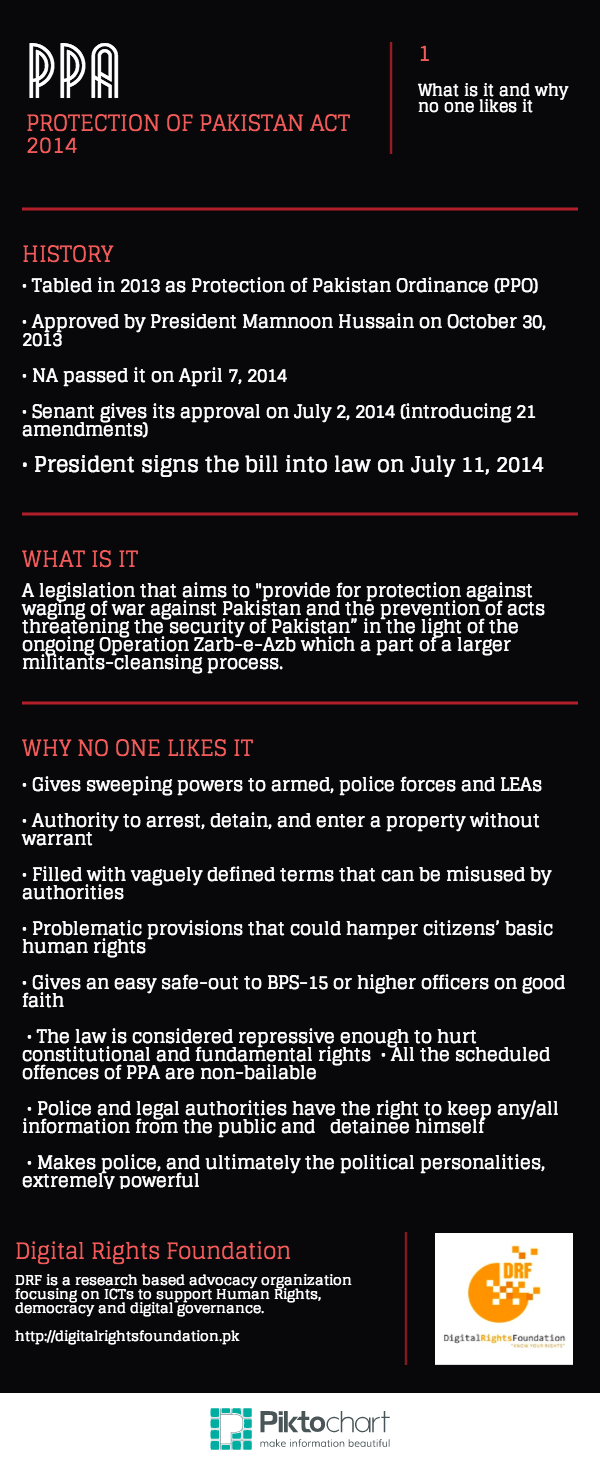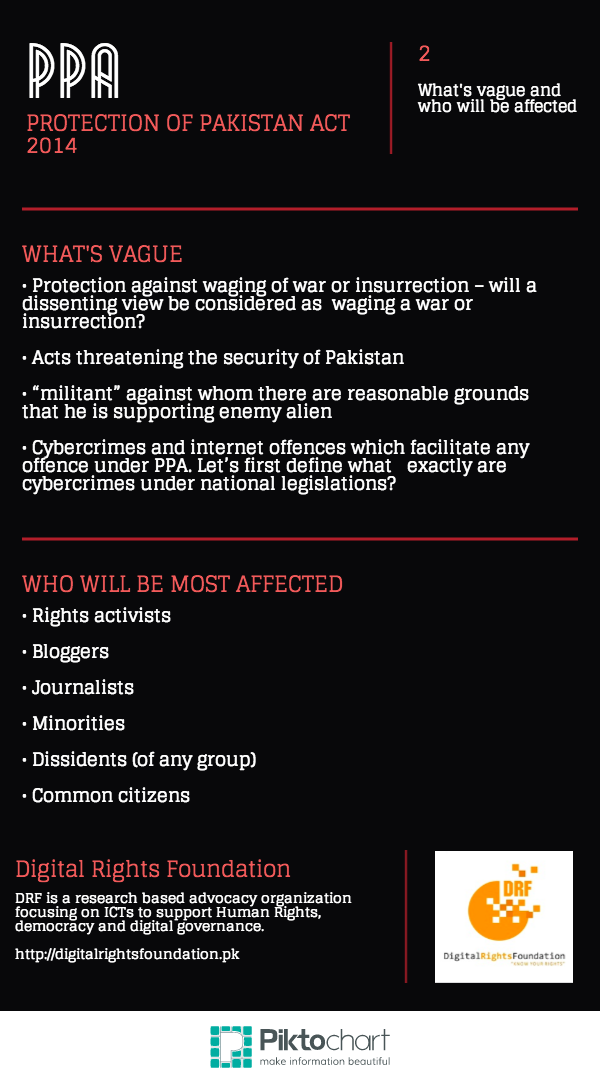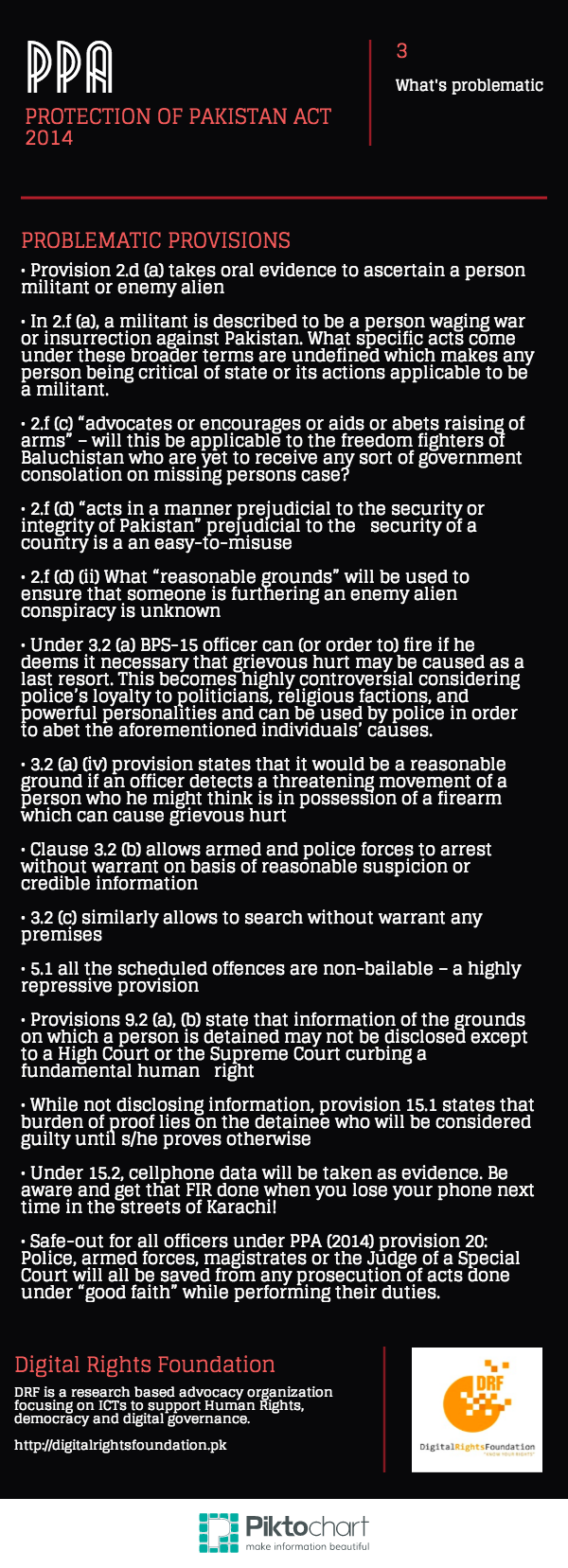July 24, 2014 - Comments Off on DRF Condemns the Acid Attack on Four Women in Quetta’s Shopping Hub
DRF Condemns the Acid Attack on Four Women in Quetta’s Shopping Hub
Lahore, July 25, 2014: In an outrageous incident, four women were injured when unknown persons threw acid on them in the city of Quetta this Monday. The women were shopping in a busy local market when unknown attackers on the bike attacked the women and flew from the scene.
Acid violence is one of the worst forms of abuse and violence mostly directed at women in Pakistan. Acid attacks not leave drastic disfiguration of the body but also leaves long-term trauma. In the country, acid attacks are mostly geared towards women in a form of domestic abuse. In the recent events, acid has also used to disfigure the face of an ex-lover. However, in this particular case, women or their family members have not shared any such indications.
"The women were targeted on their faces." - Dr. Hidayatullah
While the reasons behind this repugnant attack are still obscure, the incident seems to have happened as a case of morality policing when men attack women in the shopping centers in order to "tame" them and teach them a lesson to not go out and about without a male relative.
Digital Rights Foundation has always been an staunch supporter of laws and policies to prevent such devastating attacks and open availability of the corrosive material in the country. While on one hand government needs to regulate the import, production, transportation, and sale of this dangerous material, on the other serious repercussions are to be devised to handle the miscreants attacking women at homes or publicly.
* Media link to report: Four women injured in Quetta acid attack
Contact: [email protected]
- End -
Digital Rights Foundation is a research based advocacy organisation based in Pakistan focusing on ICTs to support human rights, democratic processes and better digital governance. DRF opposes any and all sorts of online censorship and violations of human rights both on ground and online. We firmly believe that freedom of speech and open access to online content is critically important for the development of socio-economy of the country. www.digitalrightsfoundation.pk
Join the talk on Twitter @digitalrightspk and like us on Facebook!

